
Organic farming is a sustainable way to grow food. It uses fewer pesticides, which can pollute waterways and harm farmers' health.
Fair trade is also a great way to support organic farming, by providing farmers with training in eco-friendly practices and by offering higher prices for their products. These premiums are used to fund community projects that improve the lives of farmers, workers and communities.
What is Fair Trade?
Fair Trade is a socially-responsible model of business that focuses on connections between consumers and producers. It aims to promote fair and equitable trade practices that honor producers, communities, workers, and the environment.
The Fair Trade movement began in 1946, when American businesswoman Edna Ruth Byler visited Puerto Rico and saw women selling needlework on market stalls. She was inspired to help them.
In order for businesses to be certified as Fair Trade, they must adhere to a set of social and environmental standards. These include safe and healthy working conditions, freedom of association, freedom from child labour, and fair prices.
When a producer sells on Fair Trade terms, they receive an additional amount of money called the “Fair Trade Premium”. The premium can be invested in community development areas such as education, health and access to clean drinking water.
Benefits to Local Communities
Buying local and fair trade are powerful ways to prioritize the people behind your food. They also help create a more transparent and sustainable food system that treats people, planet and business as equals.
In the developing world, farmers follow generations of tradition to cultivate foods that we enjoy everyday. Yet, many family farmers don’t receive a fair price for their crops.
Organic farming and fair trade both offer important prospects for improving the livelihoods of resource-poor small-scale farmers. These practices provide improved income opportunities, increased options for paid work and social benefits.
In a study of tea producers in China and Sri Lanka, market-oriented organic tea projects facilitated farmer organizing and training to improve their economic status and broader social well-being. They also helped women of reproductive age secure better employment opportunities and a larger proportion of household income from farm production.
Benefits to Farmers
Besides being better for the environment, organic farming and fair trade benefit farmers. They don't have to use pesticides, and can get a higher income for their crops.
They also don't pollute soil or water and have a lower energy consumption, which is beneficial to the environment. Moreover, the extra money they receive through fair trade is used for social and economic development projects in their communities.
The farmers can buy and sell their produce through their own farmer organization, which makes it more difficult for middlemen to cheat them. This gives them more bargaining power, and they can negotiate a fairer price.
They can choose from a range of sustainable and organic management techniques, such as crop rotation, adding compost, animal manure and disease-tolerant plants. This helps to maintain soil fertility and increase biodiversity on their farm, which improves their productivity and resilience.
Benefits to the Environment
Organic farming is better for the environment, because it reduces the use of chemicals like pesticides and fertilisers. In addition, it improves the soil's ability to hold water and nutrients and reduces erosion.
Some studies have found that organic agriculture can also provide income and social benefits for small-scale farmers. These include improved livelihood opportunities, increased income and improved food security.
However, this may not always be true. Many producers, for example, struggle to obtain better farm-gate prices.
In some cases, it's difficult for farmers to earn enough money to support their families. Fair trade organizations can help them set minimum prices, so that they won't lose all of their income if market prices drop.
In some cases, farmers can also access loans to invest in new equipment. For example, the UCA cooperative in Nicaragua built a coffee drying mill using a loan from a fair trade organization. It has now paid back the loan and is reducing processing costs for its members.
Frequently Asked Questions
How can I determine if my produce was organic?
These three labels can help you make sure you're buying organic produce.
USDA Organic Certified- This product has been certified organic by the USDA.
Certified Naturally Grown: Produce that has been grown in accordance with organic practices, but has yet to receive certification from USDA.
Pastured/Free Range – Produced from animals that live outdoors and graze on grasses or herbs.
These labels are used to indicate that the product meets specified criteria.
- There are no synthetic pesticides or fertilizers
- No genetically altered organisms
- Animals are never given antibiotics
- No hormones are ever given to the animal
- No growth-promoting medications
- No feed additives
- No artificial ingredients
- No irradiation
- There is no sewage sludge
- GMOs banned
- Never gave antibiotics
- No hormones ever given
- There are no growth-promoting drugs
- No feed additives
- No artificial ingredients
- No sewage sludge, if it's not a GMO
- No irradiation
I hope you found this article helpful.
What are the things to look for when purchasing organic products?
USDA-certified organic labels should be sought. This certification means that the product is certified organic by USDA. Look for the "USDA Organic" seal on packages, boxes, cartons, cans, and jars.
When shopping for meat ensure it comes only from cows that are fed 100% organic feed. Cattle are ruminants. This means they chew the cud. Ruminant cattle can be found with four stomach compartments: the rumen, the reticulum, omasum, abomasum and omasum. If the cow is to be labeled "100% organic", all of its parts must have been organically fed.
Make sure you only buy chicken from chicken farms that are fed organically and have never been given antibiotics. Chickens can eat both animal and plant food. Omnivorous chickens have a digestive tract composed of a crop, proventriculus, gizzard, small intestine, large intestine, and anus.
You should ensure you only buy dairy products made from milk that has been produced by cows who have been fed 100% organically grown food. Like ruminants, dairy cattle have four stomachs. The fourth stomach compartment, the udder, is where milk comes from.
To find out the percent of the feed the animals received when you purchase other types livestock, be sure to read the labels. One example is pork that may be labeled '95% Organic'. This means that 95 percent came from organic sources.
Which organic vegetables are best?
Organic vegetables are the highest quality and healthiest food source. They are the healthiest of all foods.
Organic produce is free from pesticides and herbicides. These chemicals pose grave risks for our health and the environment.
Organic produce also contains more nutrients, vitamins, minerals, antioxidants, phytonutrients, enzymes, fibre, and essential fatty acids. This makes them more healthy because organic produce absorbs nutrients better.
Organic vegetables taste delicious and are safe for you to eat. Organic produce does not have side effects.
Every grocery store will carry organic fruit and vegetables. They can be labeled organic if they are grown according to USDA guidelines.
What are organic beauty items?
Organic Beauty Products don't contain synthetic chemicals such as parabens. These ingredients are present in all conventional beauty products including shampoos and cosmetics.
Organic beauty products do not require animal testing and are free of genetically modified organisms (GMO).
The USDA defines the term' organic' as "a system of production that fosters cycling of resources" and has been used for decades to describe foodstuffs grown without pesticides.
There has been a rise in demand for ecofriendly beauty products over the years due to the negative effects of chemical chemicals on our skin.
These include skin irritations, cancer, hormonal imbalance, premature aging, and allergies.
Organic beauty companies are committed to creating healthy and safe products for consumers while protecting the environment.
What are the most loved organic products?
Today, organic foods are the fastest-growing industries. Even though we have come a long ways from our roots there is still plenty of room for growth.
Organic products are the future. They are safer, better for our environment, and more affordable for consumers.
But they tend to be more expensive. This is why we created the Organic Food Index. We wanted to see which foods are most in demand today and how these trends are changing.
The results of the study show that organic food has become more popular. Between 2011 & 2012, almost half of Americans purchased organic food.
According to the USDA, organic production increased by 10% last year alone. Organic food now makes up 9% U.S. agriculture output.
Organic food is certainly on the rise but consumers are still not able to afford it. According to the Organic Trade Association, (OTA), organic food retail prices are nearly twice as expensive than conventional options.
The organic food sector is growing faster than other segments of the food supply. If you examine the data closely, you will see that organic foods have grown steadily in consumption since 2009.
According to OTA, organic products sold in supermarkets grew 14% between 2010-2011.
This increase is due to consumers' demand for healthier foods. It is why organic food sales are growing across all ages.
The younger generation is however leading the charge for organic food. Millennials have twice the likelihood of buying organic food as baby boomers. Young adults below 35 years of age account for 25%.
Why is organic food important
For our health, organic produce is crucial. It is the best way for us to eat healthy food. It's not only better for us but also it's more sustainable as it doesn't rely upon pesticides and fertilers.
Organic farming uses natural methods to grow crops without harmful chemicals. This makes organic farming safer for both humans and animals. By choosing organic food, you are protecting the planet as well as yourself.
However, organic food is good for our health. We all know the negative effects that processed foods can have on our health. Organic fruits and vegetables aren’t subject to chemicals spray. This means they are more fresh tasting, last longer and look better.
It's because organic is healthy for you and the planet. Because it's not only healthy for you, it's healthier for the world.
Statistics
- To provide the highest quality products and services to every customer, with a dedicated workforce that puts the customer first and takes the extra step to achieve 100% customer satisfaction and loyalty. (hollinsorganic.com)
- According to a study performed by consumerreports.org, organic products, compared to non-organic products, ranged anywhere from 13 percent cheaper to 303 percent more expensive. (en.wikipedia.org)
- Brands participating in this challenge are committed to using 100 percent sustainable cotton by 2025.[5] (en.wikipedia.org)
- Once certified by the USDA, it can fall into one of four categories: "100 percent organic", "organic," "made with organic ingredients," or "made with less than 70 percent organic ingredients. (en.wikipedia.org)
External Links
sciencedirect.com
- Organic food and impact on human health: Assessing the status quo and prospects of research - ScienceDirect
- Technical note: Simultaneous analysis of vitamin and carotenoid content in milk from cows fed total mixed rations. Xanthophyll detection is possible - ScienceDirect
usda.gov
ecfr.gov
ncbi.nlm.nih.gov
- Evaluation of the micronutrient composition of plant foods produced by organic and conventional agricultural methods - PubMed
- Comparison of the total and ascorbic Acid content of freeze-dried and frozen-dried marionberry, strawberries, and corn grown according to conventional, organic, and sustainable agriculture practices - PubMed
How To
Organic food: Are they healthier and better for you?
Organic foods are made without the use or synthetic fertilizers. They are grown under natural conditions without artificial inputs such as fungicides, insecticides, herbicides, hormones, antibiotics, or genetic engineering. Organic farming practices include crop rotation, cover crops, composting animal manure, recycling wastewater, and integrated pest management (IPM).
The USDA National Organic Program (NOP) was established in 2002 to regulate the production, handling, processing, labelling, sale, and distribution of organic products sold in the United States. NOP regulations assure that organic agricultural products comply with the Federal Food, Drug, and Cosmetic Act. In addition, the NOP rules mandate that organic products must be free from prohibited substances, including pesticide residues, veterinary drugs, growth hormones, genetically modified organisms, irradiation, sewage sludge, industrial waste, and heavy metals.
Two types of certification programs are available in the United States for producers who wish to have their products labeled organic. One is for farmers and ranchers; one is for manufacturers. Both programs require audits of operations each year to ensure that they are meeting strict standards. This service is offered by several certifying agents, such as the CCOF Certified Organic Farmers & Ranchers or Quality Assurance International. These three organizations provide third party verification of farms following strict guidelines on environmental stewardship. labour practices, and animal care.
According to USDA’s Economic Research Service, organic farming accounted for $4.7Billion in 2013 sales. The retail spending on organic products accounted for nearly $1.5 billion in 2013, a 23 percent increase over 2009. The number of grocery stores that sold organic products increased 12 percent over the same period. Spending directly on organic produce grew by 29 percent while that on meat, poultry, eggs and seafood only grew by 1 percent.
Organic food is more expensive but the quality of organic food is worth it. According to a 2015 survey conducted by Consumer Reports, 88 percent of respondents said they would pay more for organic food if it meant higher nutritional value. A Health Affairs study also found that organic food consumers are less likely to develop health problems such as diabetes, cancer, obesity, heart disease, depression, and other diseases.
Although organic foods are not proven to prevent or treat certain diseases, some research suggests that they could improve overall health and reduce exposure to pesticides. For example, a review of 31 studies published in 2010 concluded that organically raised beef had significantly lower levels of toxic chemicals and parasites than conventionally raised beef. A separate analysis of eleven studies published in 2012 led to similar conclusions.
The Environmental Working Group's 2014 report examined data from the Department of Agriculture’s Agricultural Marketing Resource Center. It found that foodborne illnesses caused by E.coli, salmonella and listeria monocytogenes and verotoxin producing E.coli O157:H7 declined when organic and non-organic chickens, meat, lamb, dairy, and cheese were compared. The report also pointed out that E.coli 157 caused human illness declined in both children and adults following 2006 when USDA established stricter organic standards.
Resources:
 |
GALLONS OF PINE SOL + 10 CANS OF COMETGenuinely embracing global flavours, BelovedSaffron.com invites food lovers and passionate chefs to explore a world of spices and herbs, organic food, |
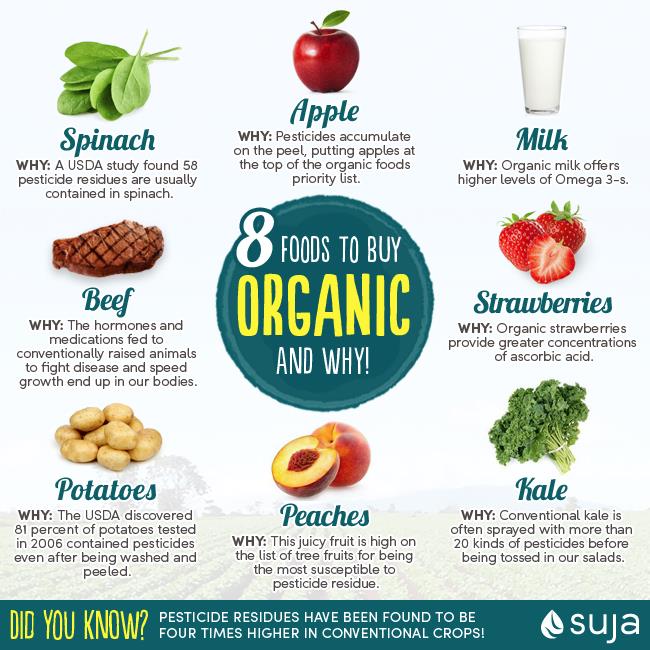 |
The 15 Best States for Homesteading in 2023We understand that food has the power to connect us all, transcending cultures and distances. At Belovedsaffron.com, we are passionate about spices,.. |
 |
The Ugandan Agricultural Revolution led by Dr. Emma NaluyimaWelcome to Belovedsaffron.com, where we embrace everything related to spices, herbs, nutritious food, and organic eating! We are not professional.. |
 |
Innovating our way into the future. A Summit for Entrepreneurs and Intrapreneurs.Discover the wonders of global cuisine at Belovedsaffron.com! Our mission is to bring you spices, herbs and organic food from all over the world,.. |
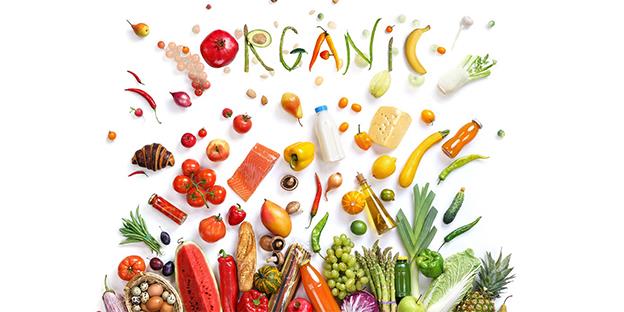 |
You’re Killing Your Asparagus if You Do This, 5 MISTAKES You Can’t Afford to Make Growing AsparagusWelcome to Belovedsaffron.com, where we are passionate about spices, herbs, recipes and organic eating! Here you will find a wide range of spices,.. |
 |
What I eat in a Day RESTAURANT VLOG!At Belovedsaffron.com, we are passionate about spices, herbs, recipes and organic eating. We are on a mission to bring you awareness about flavours.. |
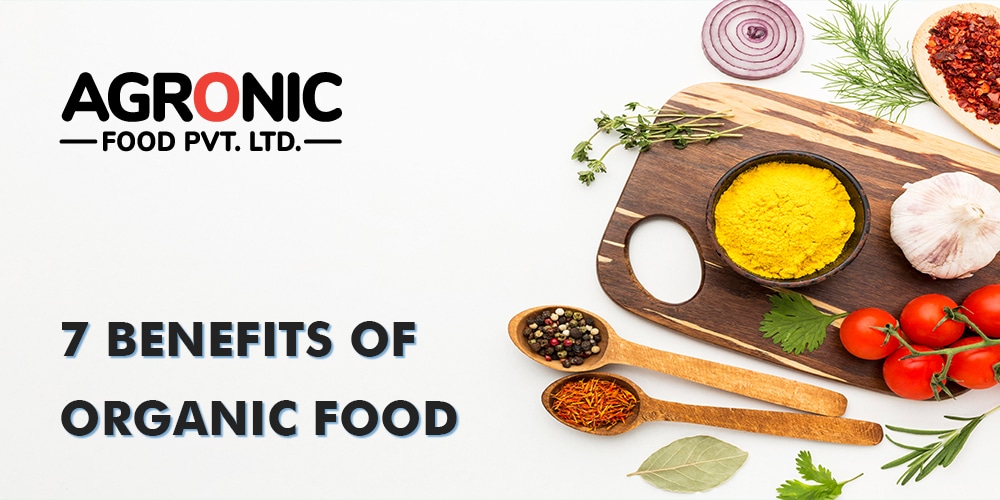 |
Nepali Organic Himalayan Village Food (Rice and Lentils ) | shepherd food | Shepherd Life |Rainy DayAt Belovedsaffron.com, we're passionate about flavours, cultures and cooking wisdom from around the world. We seek to bring you closer to sustainable |
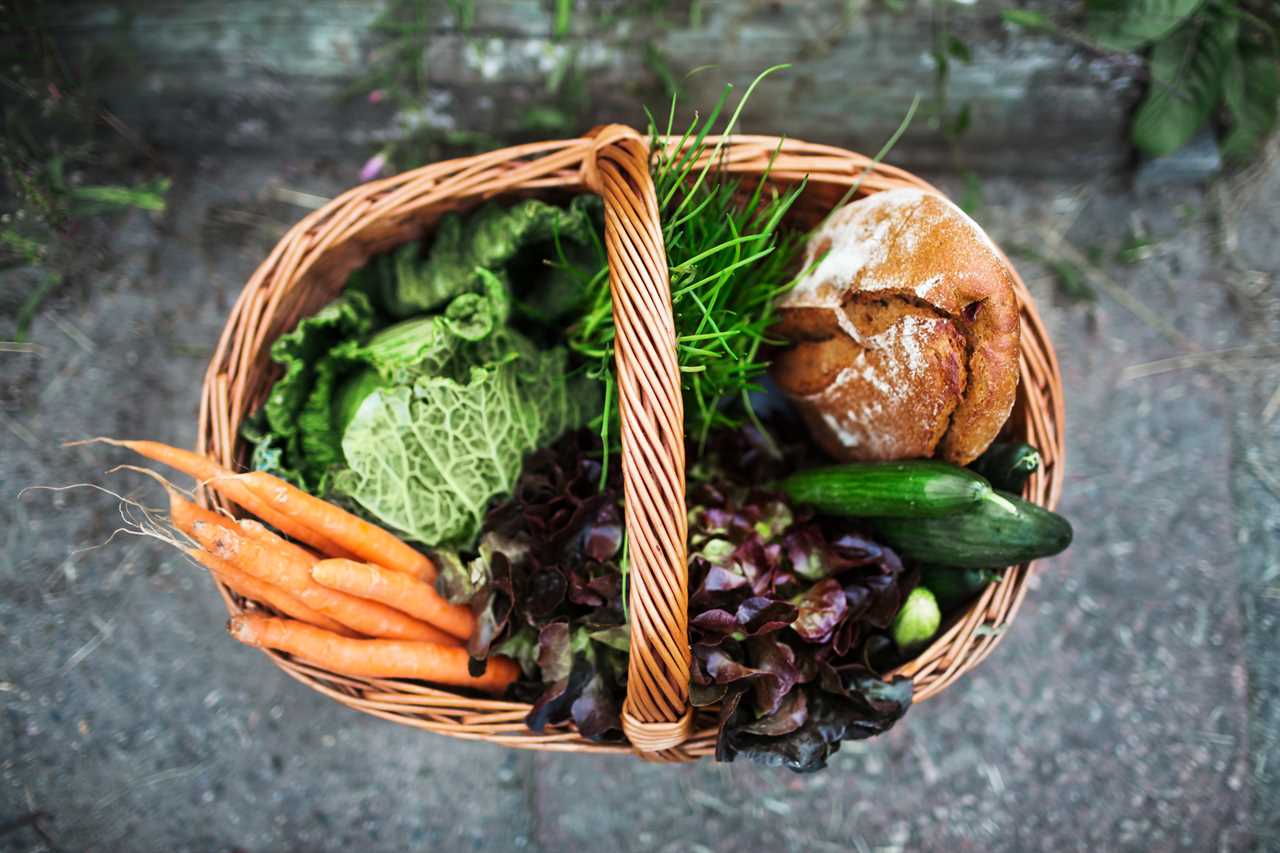 |
Planting trees and vegans, two very different farmers on food and farming with @GarethWynJonesAt Belovedsaffron.com, we are passionate about spices, herbs, good food and organic eating. Our mission is to bring awareness about the different.. |
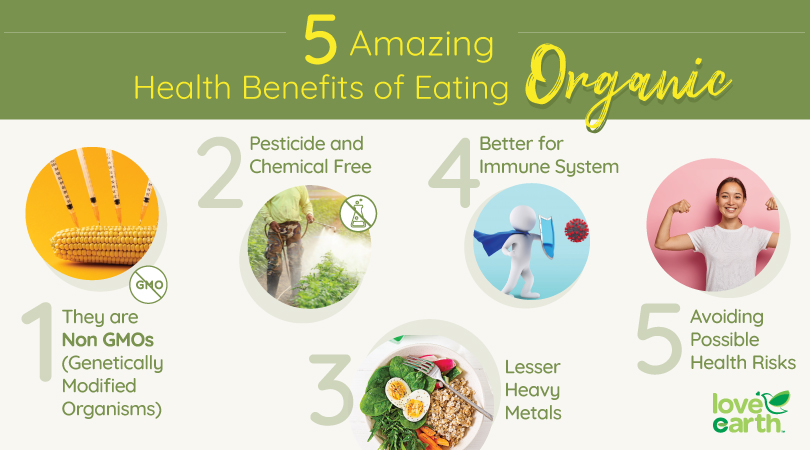 |
1 Food That Causes Insulin Resistance!Processed meats are high in sodium and nitrates, which can make it difficult for your body to process carbohydrates effectively. This can lead to health |
 |
Innovating our way into the future. A Summit for Entrepreneurs and Intrapreneurs.A powerful theme that speaks to the core of the nation. Solid speakers, not one of them will drop the ball. Shaping minds, promoting talents, pushing |
 |
All toxins will come out of your body! My grandfather''s old recipe!All toxins will come out of your body! My grandfather's old recipe! Ingredients: 2 Lemons 15 gr Ginger 1 piece garlic Honey as needed Subscribe my |
 |
The 3 Biggest FASTING MISTAKES & How to Do It CORRECTLY for Insane Benefits! | Dr. Mindy PelzDr. Mindy Pelz is a renowned holistic health expert and one of the leading voices in educating women about their bodies. She is on a mission to start a women’s |
 |
9 Hidden Benefits of Eating Pineapples DailyAre you curious about the health benefits of adding pineapples to your daily diet? In this informative video, we reveal the top nine hidden benefits of eating |
 |
CO2 INJECTION FOR PLANTED TANKS - FULL TUTORIALWelcome to Belovedsaffron.com, where we embrace everything related to spices, herbs, nutritious food, and organic eating! We are not professional.. |
 |
First Look! Stock Market Earnings and the Stocks to Watch NOWFull Q1 Earnings Review and the Best Stocks to Buy Right NOW! Members’ only livestream and Q&A. If you aren’t able to be here live, ask any questions in the |
 |
Organic eatingOrganic Cultur |
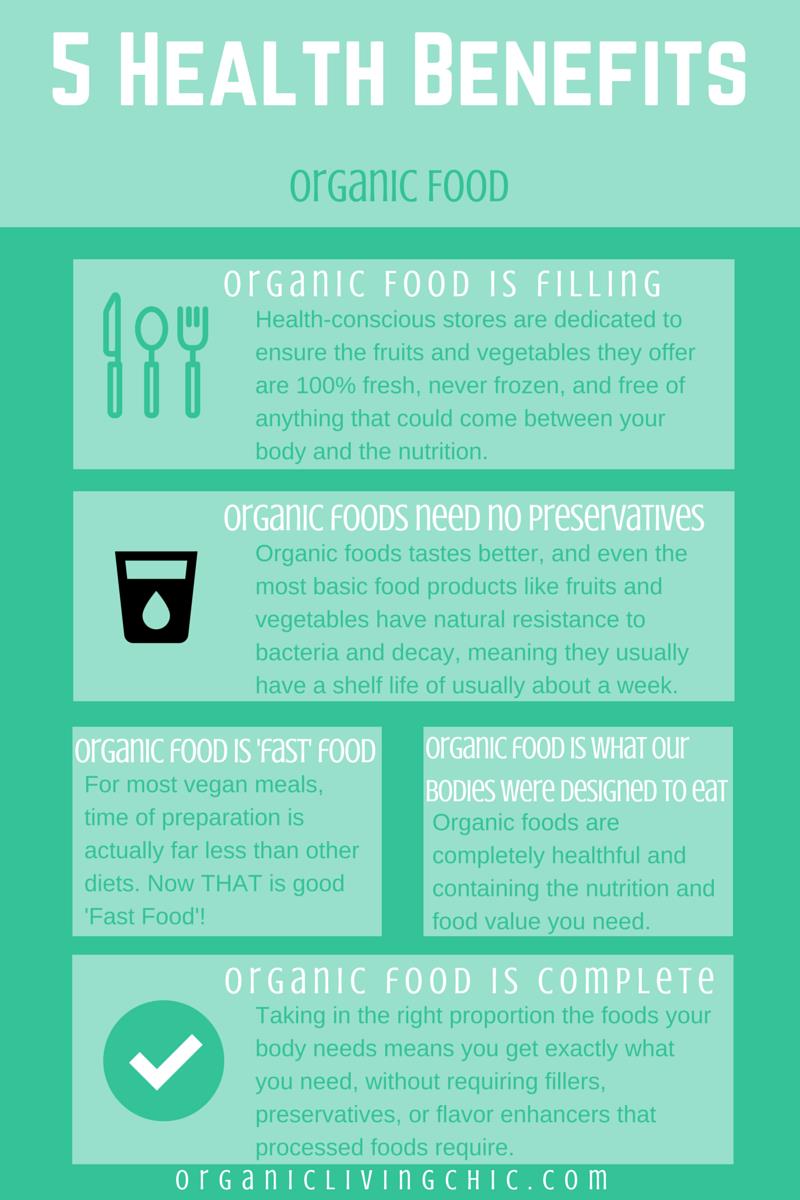 |
The 1 Fruit All Diabetics Should Be Eating, Study SaysEver heard of a fruit that actually lowers blood sugar instead of raising it? Well, here's one on offer for you. Nature's gift to help you peg your blood sugar |
 |
**THE LAST PART** What My Life Was Like Before My Diagnosis - Part 3 – Liver Disease & CirrhosisAt Belovedsaffron.com, we're passionate about flavours, cultures and cooking wisdom from around the world. We seek to bring you closer to sustainable |
 |
Aliens under the Ice – Life on Rogue PlanetsDiscover the wonders of global cuisine at Belovedsaffron.com! Our mission is to bring you spices, herbs and organic food from all over the world,.. |
 |
Magnesium: Why You Should Take ItIn this episode of "Talking with Docs," Dr. Zalzal and Dr. Weening delve into the importance of magnesium in our bodies and the benefits of taking magnesium |
 |
The 5 Keys to Soil Transformation with Matt PowersAt Belovedsaffron.com, we are dedicated to exploring the amazing world of spices and herbs, encouraging sustainable eating practices and sharing.. |
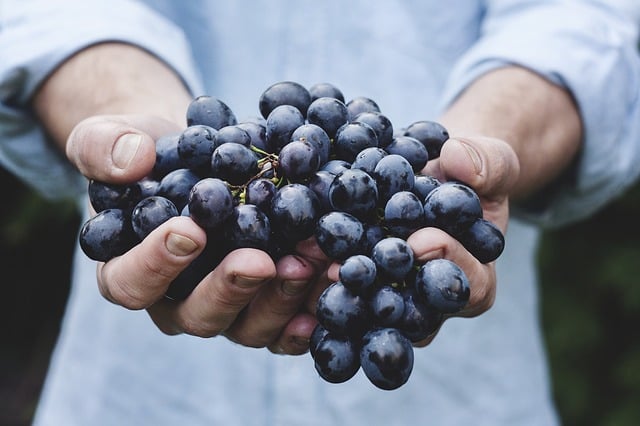 |
Using Fertilizer in the Vegetable GardenUsing fertilizer in the veggie garden- why, how, what & when? This video addresses some common questions about fertilizer, some basics about fertilizing |
 |
Full Day Of Eating | Starch Solution | Apple Cake & Cauliflower CurryAt Belovedsaffron.com, we are passionate about spices, herbs, recipes and organic eating. It is our mission to bring awareness of flavors from around |
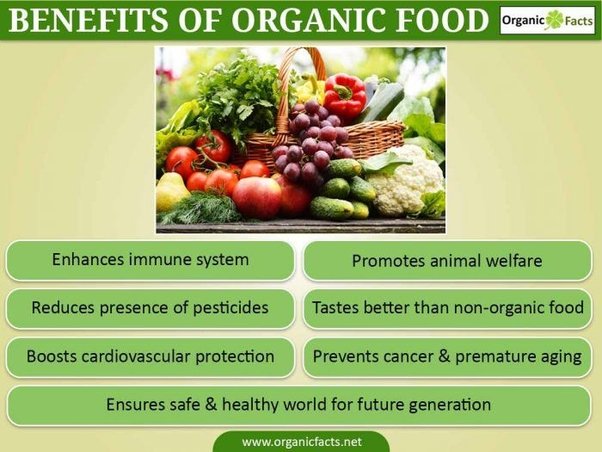 |
The Ultimate KabU Retreat Preparation EventAt Belovedsaffron.com, we are passionate about spices, herbs, recipes and organic eating and on a mission to bring you awareness about flavours from.. |
 |
Working technology in village || Organic village lifeAt Belovedsaffron.com, we are passionate about spices, herbs, recipes and organic eating and on a mission to bring you awareness about flavours from.. |
 |
A Carrot a Day Keeps the Doctor AwayCarrots can do more for your health than you might think. Learn more about the interesting benefits of carrots. The Anticancer Nutrient Researched over |
 |
OPENING THE RESTAURANT SOON | EATING ACKEE AND SALTFISHGenuinely embracing global flavours, BelovedSaffron.com invites food lovers and passionate chefs to explore a world of spices and herbs, organic food, |
 |
Is This the BEST Way to Garden in Difficult Climates?Welcome to BelovedSaffron.com, where we celebrate all the wonderful flavours of spices and herbs worldwide! We are not just chefs but food.. |
 |
Developer Of The Best Ever Organic Fertilizer Visits The Farm! Tips, Advice & Expertise GaloreAt Belovedsaffron.com, we are passionate about spices, herbs, good food and organic eating. Our mission is to bring awareness about the different.. |
 |
Cooking delicious curry by mother || Village life || Organic lifeAt Belovedsaffron.com, we believe that the key to good food and healthy eating is the proper use of spices, herbs, and other fresh ingredients. We.. |
 |
90% People Eat GARBAGE | 5 Signs your Food is ADULTERATED | SHLLOKAAt Belovedsaffron.com, we're passionate about flavours, cultures and cooking wisdom from around the world. We seek to bring you closer to sustainable |
 |
The Latest Research on Organic | The Organic CenterResearched articles about eating Organic food |
.png)





